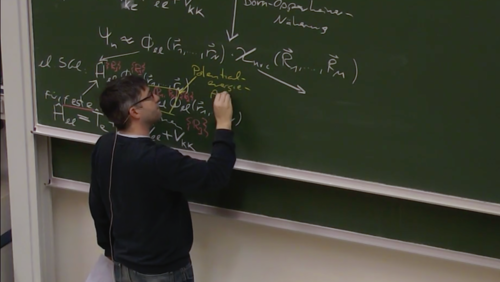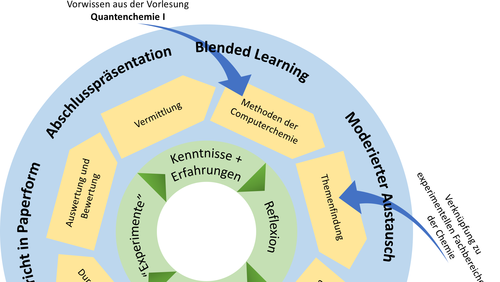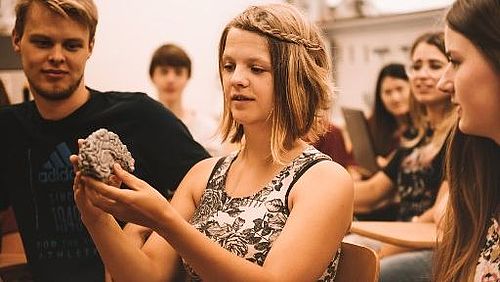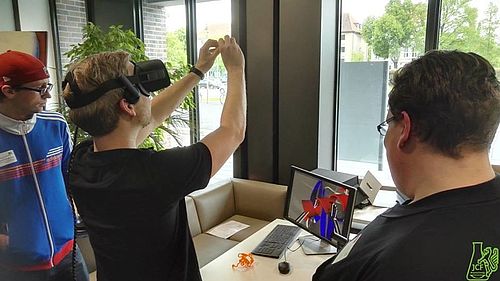Fragmentation schemes enable the efficient quantum-chemical treatment of large biomolecular systems, and provide an ideal starting point for the development of accurate machine-learning potentials for proteins. Here, we present a fragment-based method that only used calculations for single-amino acids and their dimers, and is able to reduce the fragmentation error in total energies to ca. 1 kJ/mol per amino acid for polypeptides and proteins across different structural motifs. This is achieved by combining a two-body extension of the molecular fractionation with conjugate caps (MFCC) scheme with the density-based many-body expansion (db-MBE), thus extending the applicability of the db-MBE from molecular clusters to polypeptides and proteins.






